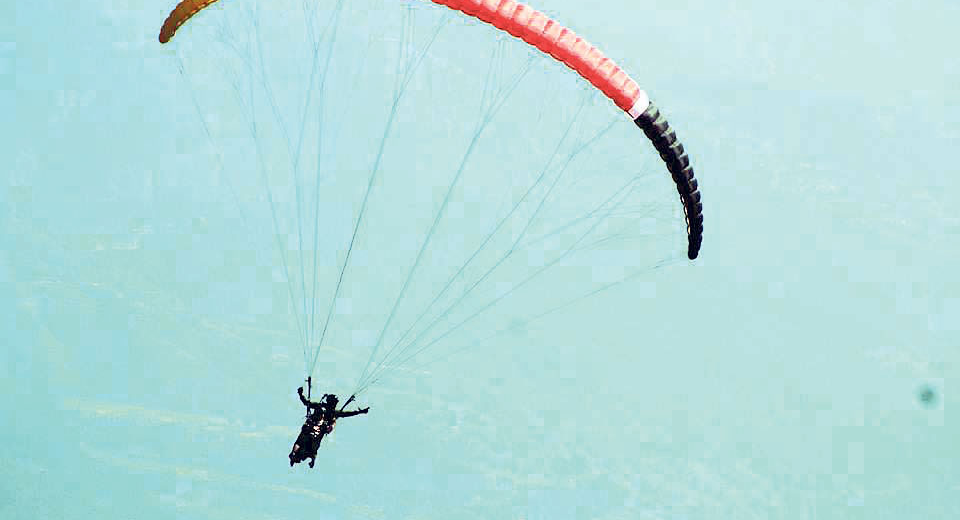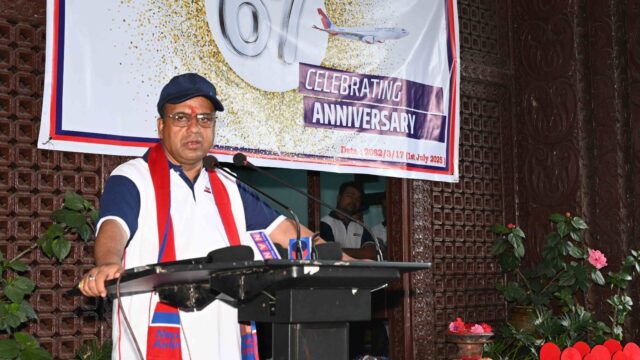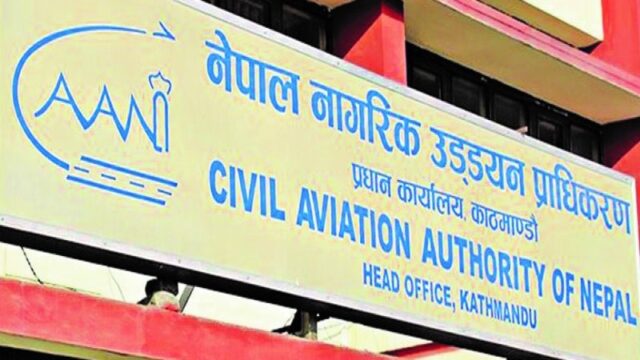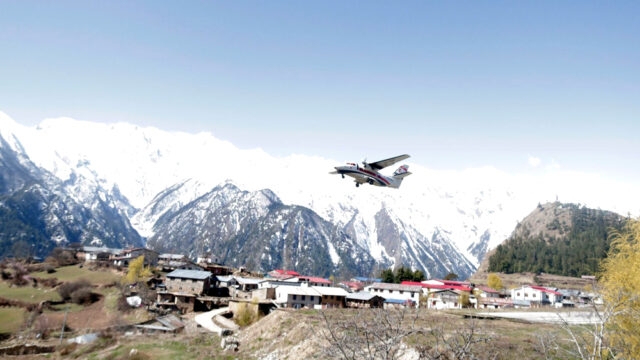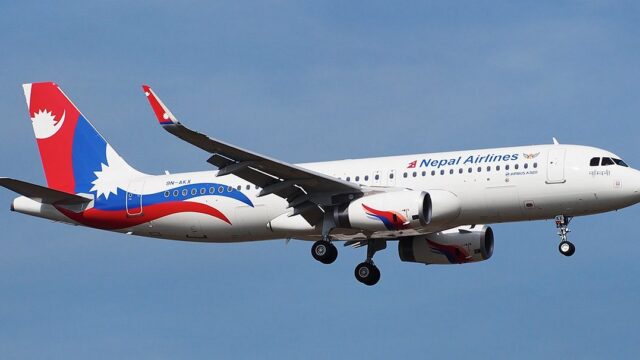The Civil Aviation Authority of Nepal (CAAN) has halted solo paragliding flights in the country, compelling Nepali athletes to seek training opportunities abroad. This ban has been in effect for over two years, and despite requests, CAAN has not lifted the restriction.
The ban was imposed following the tragic death of 26-year-old Nisim Thapa, a paragliding athlete from the Tribhuvan Army Club, during the cross-country event at the 9th National Sports Meet in Pokhara. The CAAN’s decision to stop solo flights was a response to this incident.
Bhupendra Chamling Rai, President of the Nepal Paragliding and Hang Gliding Association, explained that while commercial flights have resumed, solo flights remain prohibited. As a result, more than 300 paragliding pilots from Nepal have been forced to travel to countries like India for training and practice. Rai stated that without the ability to practice solo flights in Nepal, pilots cannot complete the necessary training to operate commercially.
The Nepal Air Sports Association (NASA) has been authorized by CAAN to manage commercial flights, but the restriction on solo flights continues. Rai emphasized that solo training is crucial for understanding gliding equipment and is a prerequisite for becoming a tandem pilot after 18 to 24 months of training.
Nepal’s performance in the 18th Asian Games highlighted the potential of paragliding, as the sport won a silver medal among 46 disciplines. However, obtaining a license for commercial paragliding requires extensive solo flight experience. Rai pointed out that pilots must pass 11 courses after solo training before entering the commercial tandem flying process.
The prohibition on solo flights has hindered Nepali athletes from participating in international events. Rai urged the government to utilize the potential for adventure tourism through paragliding, noting that Nepal’s diverse terrain offers ample opportunities for the sport. He emphasized that restrictions should be eased to capitalize on this potential.
Despite written requests and discussions with various stakeholders, including past and current tourism ministers, there has been no progress in lifting the ban. Rai mentioned that CAAN’s safety department has indicated that only the Director General can grant permission, but the current Director General has not been responsive.
In a brief response, CAAN spokesperson Gyanendra Bhul stated that there are no current plans to lift the ban on solo flights, citing the accident in Pokhara as the reason for the ongoing restriction. For solo flights, CAAN must conduct a study and determine airspace regulations, and the sport’s governing body must be registered with the National Sports Council to obtain the necessary permissions.
